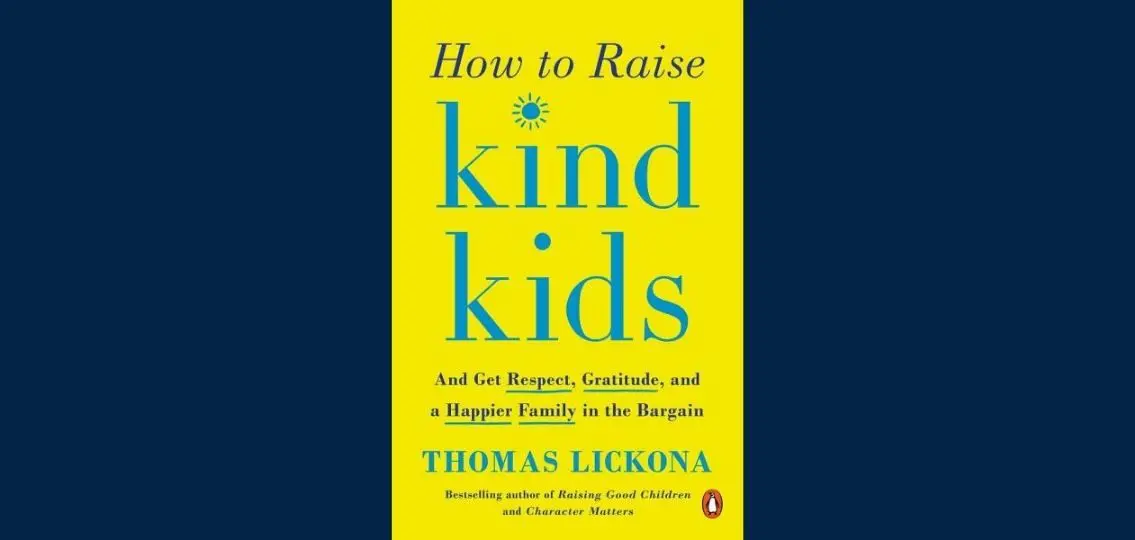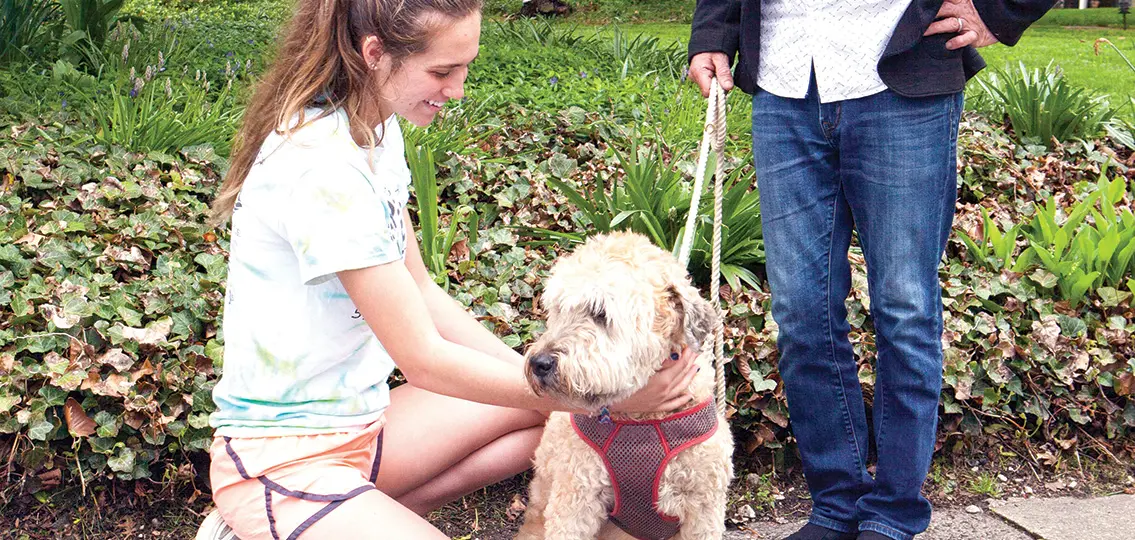A teen’s sense of well-being can be disrupted by feeling left out of a social media post or scoring lower on a test than their friends. While parents may try to cheer up their children with chocolate or by telling them to focus on their other successes, a study from Iowa State University offers different advice:
Your teens can boost their mood by wishing happiness for others.

Psychology professor Douglas Gentile and two colleagues tested the benefits of three different techniques intended to reduce anxiety and increase happiness or well-being. In the first, students were instructed to walk around campus and with each encounter sincerely think, “I wish for this person to be happy.” The two other strategies tested were students searching for a connection with people they encountered or thinking of a downward social comparison (how they might be better than others).
Importance of Kindness to Mental Wellbeing
The researchers compared each technique with a control group. They found that those who wished others well felt happier, more connected, and empathetic, as well as less anxious. The connection group also felt increased empathy. Meanwhile the downward social comparison had a significantly worse impact than wishing others well.
“Walking around and offering kindness to others in the world reduces anxiety and increases happiness and feelings of social connection,” said Gentile. “It’s a simple strategy that doesn’t take a lot of time that you can incorporate into your daily activities.”
Gentile understands that this new practice might be more challenging for anxious teens, as anxiety can cause a person to close up to protect themselves from the outside. “That’s like putting the lid on a pot of heating water—it’ll cause the water to boil sooner,” said Gentile.
“If, instead, we push our focus outside, that can let things cool down a bit by giving it more space.” Gentle encouragement to think of others can help. “Ironically, in my experience, wishing someone else the exact thing you wish you had at that moment often makes you feel better.”

Parents, take note. Modeling the behavior of being outwardly happy for someone (even when they have what you don’t) has two benefits: It’s good for your teen to see the importance of kindness in action—and it just might improve your mood, too.




